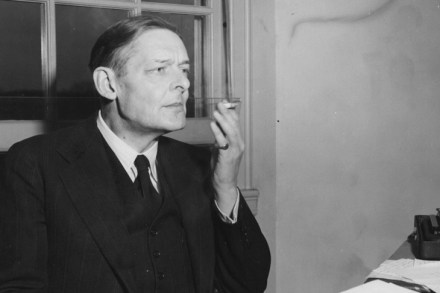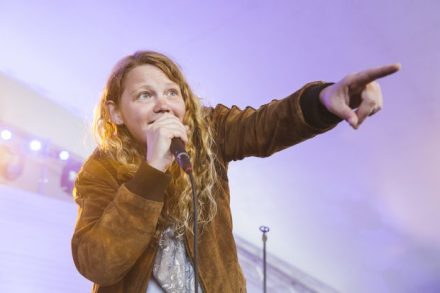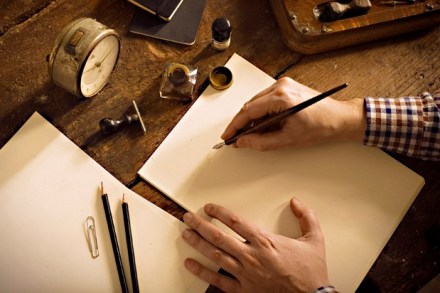Why Milton still matters
Just 350 years ago, in April 1667, John Milton sold all rights to Paradise Lost to the printer Samuel Simmons — for £5, with another £5 due once Simmons had the first run of 1,300 copies off his hands. That sounds like a bargain for the 12-book epic poem of Satan’s war with Heaven, Eve’s ‘fatal trespass’ and the expulsion from Eden that soon became a monumental pillar of the literary canon. Samuel Johnson — who as a Tory deplored Milton’s revolutionary politics — placed it first (for design) and second (for execution) ‘among the productions of the human mind’. Some readers, though, have always found it dear at any



















